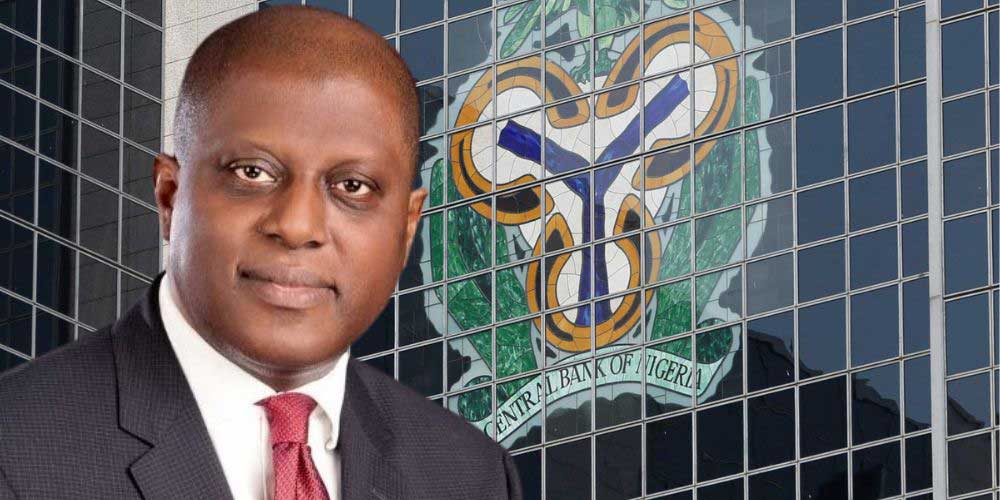


14 new IMTOs will boost remittances – CBN
The Governor of the Central Bank of Nigeria, Dr Olayemi Cardoso, has said that the licensing of 14 new international money transfer operators would improve competition and increase remittances via formal channels.
Cardoso said this during the week at the press briefing following the end of the two-day Monetary Policy Committee meeting held in Abuja.
Last week, the apex bank revealed that it had granted approvals-in-principle to 14 new IMTOs, to help increase the sustained supply of foreign exchange in the official market.
At the MPC meeting, the CBN governor said, “The MPC commended the bank for the recent approval of licenses for 14 IMTOs. This is expected to improve competition and lower the cost of transactions, thus attracting more remittances through formal channels.”
“Let me give some context to this. I’m sure over the years; many of you would have read from the World Bank that Nigeria has significant remittances from the diaspora.
“We have identified that this is a critical element of inflows coming into the country. It is estimated to represent about six percent of our GDP. We felt from the Central Bank’s perspective to have a strategy to engage this sector, the entities that seem to play the biggest role in that sector are the IMTOs and so for us, it was important for us to meet them.”
He expressed delight that IMTOs during a meeting with him, disclosed their challenges and how the CBN could help them be more effective in the things that they do.
He added, “Two aspects that concern them are the price and the commissions that they have to pay, and of course, the rates. Since the rates have converged, that has become less of an issue. They are encouraged to use the official channel. Shortly after that, we set up a task force reporting to myself.
“So, I’m very interested in how we make progress. The target is to double the remittance flow within the year. As I have said, we have started that process to ensure that it happens. Meanwhile, the dialogue is an ongoing one, there is nothing that would stop us from seeing how we can adapt our processes, where we need to adopt tighter regulations, and where we need to adopt technology, we will do so.
“In furtherance of that, we gave licenses to 14 IMTOs in a bid to create more competition and bring down the cost of transactions,” he concluded.
At the end of the first quarter, CBN data showed that Nigeria recorded $282.6 million in total direct foreign exchange remittances, representing a 6.3 percent year-on-year decline from Q1:2023, but a 127.9 percent improvement from $124m in Q4, 2023.
On a monthly basis, most of the Q1, 2024 remittances came in January ($138.6m), followed by March ($104.9m).
Total direct forex remittances include money transfers from other countries to family members or other individuals in Nigeria through the official channel.
Afrinvest Securities, in its weekly market report, blamed the year-on-year decline on “unabating FX rate volatility, high cost of transactions, and policy changes, especially for International Money Transfer operators, hence, luring a significant chunk of remittances flow to the unofficial channels.”
In December, the World Bank projected that diaspora remittances into Nigeria would exceed $20bn by the end of the year, as total remittances into the Sub-Saharan Africa region increased by 1.9 percent.
The reports said, “Remittances to Sub-Saharan Africa are estimated to grow by 1.9 percent from $53bn in 2022 to $54bn in 2023. Projections indicate that remittances to the region will keep increasing, reaching $55bn by 2024. The slowed growth in remittances observed in 2023 is explained by the slow pace of growth in the high-income economies where many Sub-Saharan African migrants earn their income.
“Remittances to Nigeria, accounting for 38 percent of remittance flows to the region, grew by about two percent, while two other major recipients, Ghana and Kenya, posted estimated gains of 5.6 percent and 3.8 percent, respectively.”
A major constraint for diaspora remittance is cost.
The World Bank report said that SSA remained the region with the highest remittance costs.
The average cost of sending $200 to the Sub-Saharan Africa region slightly increased, averaging 7.9 percent in Q2 2023 compared with 7.2 percent in Q2 2022.
Earlier in the year, the apex bank released revised guidelines (among other reforms) for the operations of IMTOs in January – increasing the application fee for an IMTO license from N500,000 to N10m.



